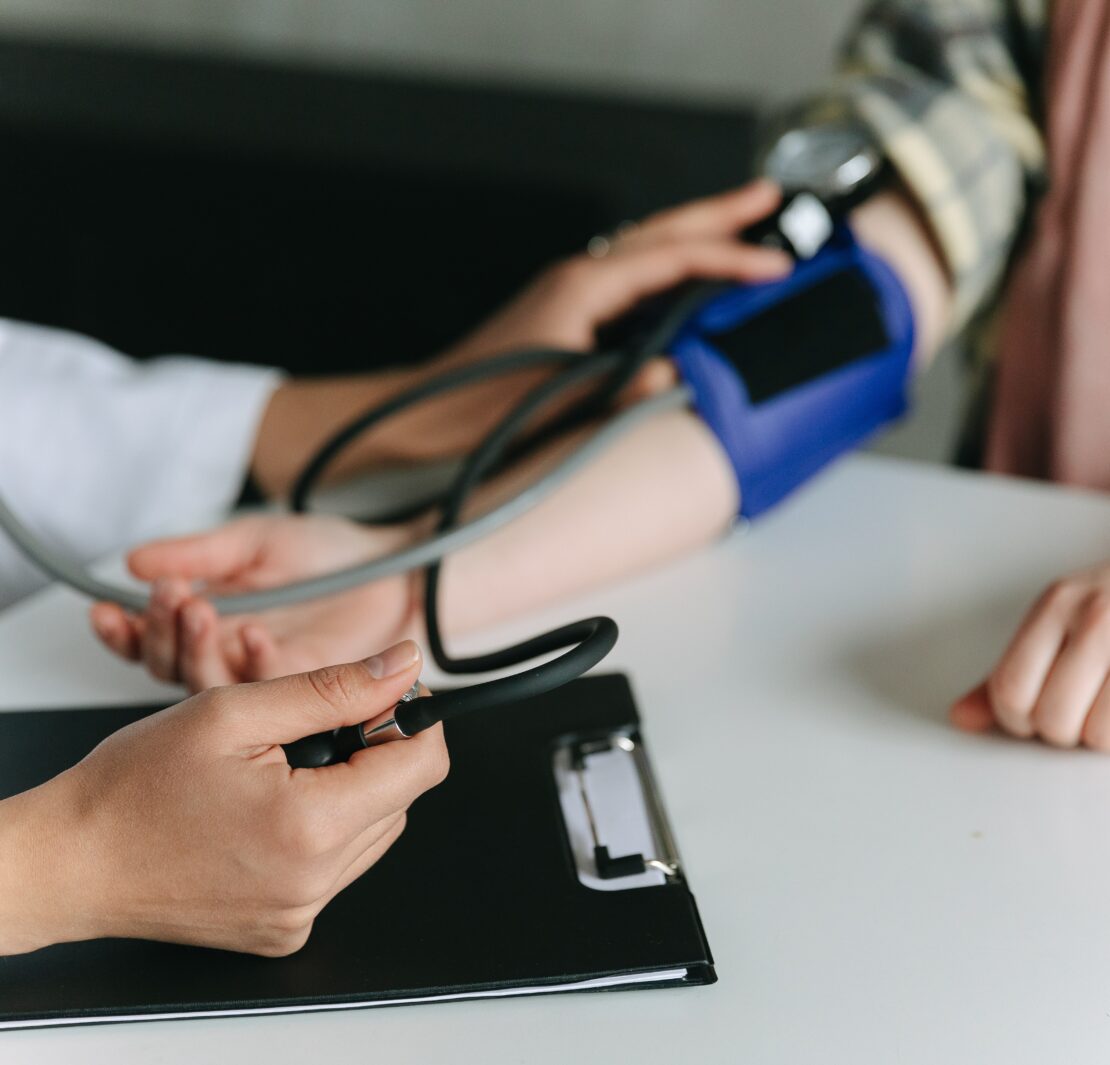A new research study finds home-based blood pressure monitoring (HBPM) is as accurate as ambulatory blood pressure monitoring (ABPM) at detecting hypertension.
Hypertension is a health condition associated with complications, such as heart disease, stroke, and death. But, most people with high blood pressure (BP) aren’t diagnosed with hypertension until a visit.
A recent randomized-designed research study published in the Journal of General Internal Medicine compared the accuracy of BP monitoring for diagnosing hypertension with home-based, ongoing ambulatory, and kiosk monitoring.
All of the study’s 510 participants had elevated BP. But none were diagnosed with hypertension or using medication.
BP monitoring procedures varied by group. Participants in the home-based group measured BP twice daily (AM and PM) for five days. Participants in the kiosk group collected their BP (at a pharmacy) using triplicate measurements on three separate days. Ambulatory BP monitoring (ABPM) was ongoing until BP levels were within a specific window.
ABPM is considered, by most, as the gold standard for detecting and diagnosing hypertension. But this study found that HBPM was effective at detecting hypertension (and more sensitive than kiosk-based monitoring).
And both ABPM and HBPM accurately identified positive cases of hypertension, predicted cardiovascular events, and were used for the initial diagnosis of hypertension.
The future of patient outcome monitoring is moving towards implementing tools that allow care to continue outside the office. Such tools prevent misdiagnoses and help direct patient flow.
If this article has you interested in exploring tools that allow for home-based monitoring, check out Huddy Health‘s offerings.

